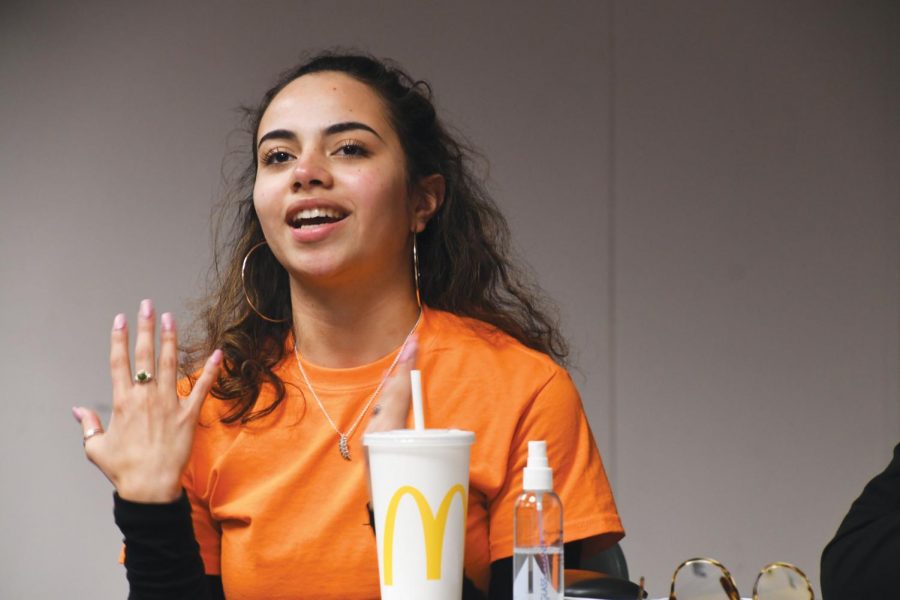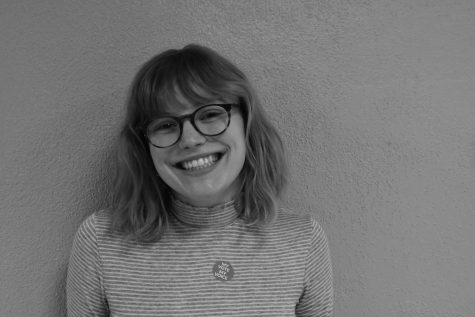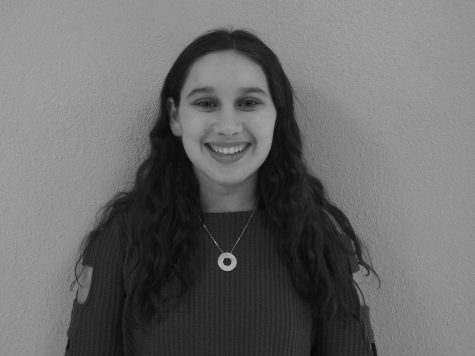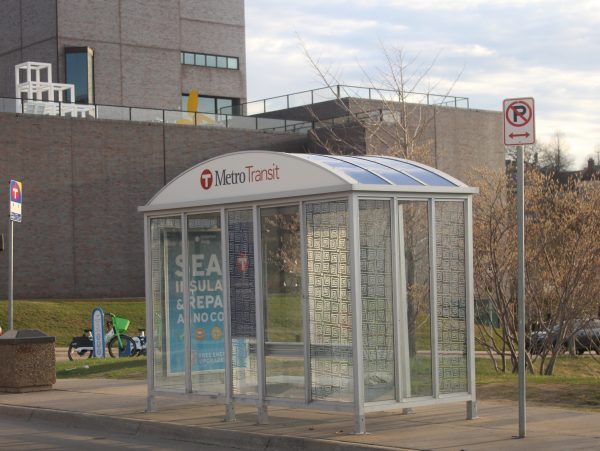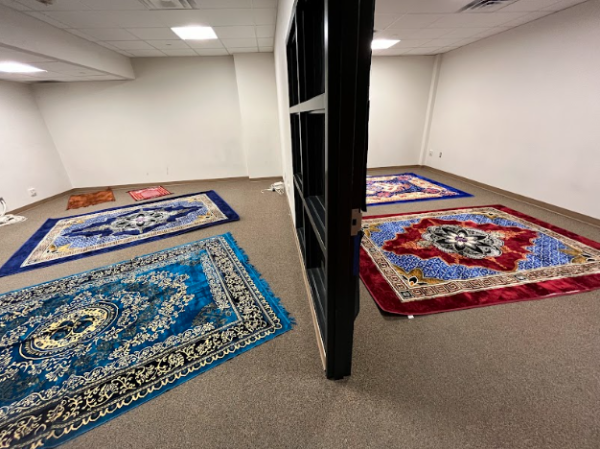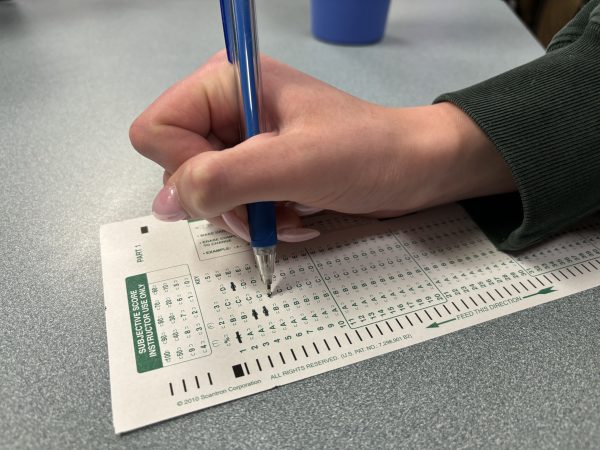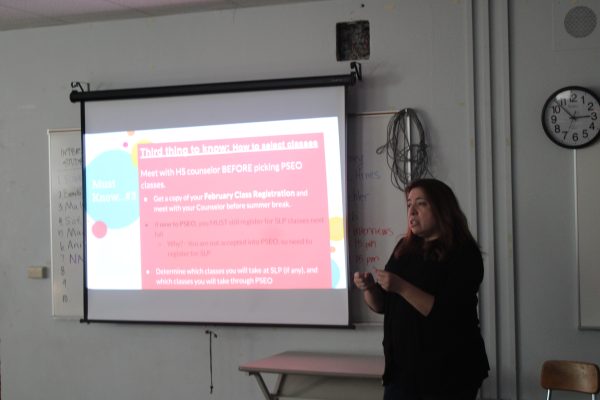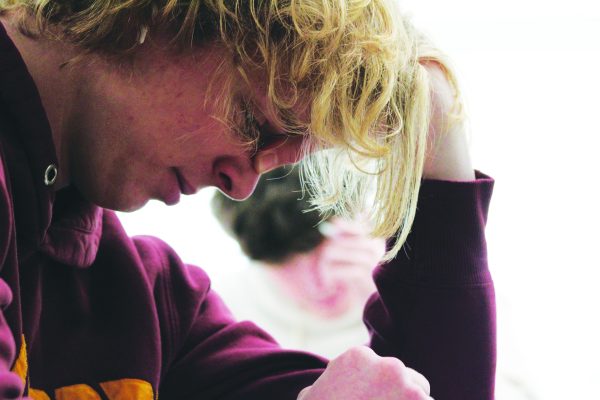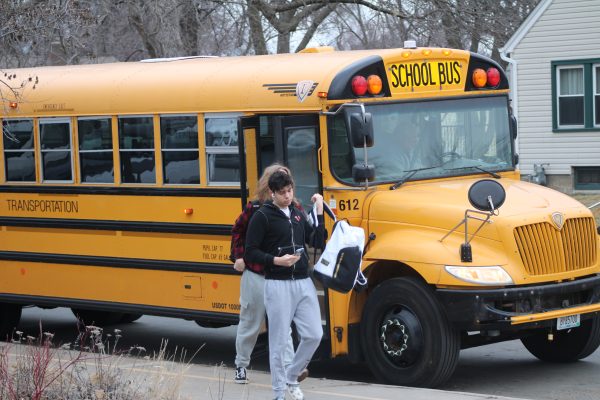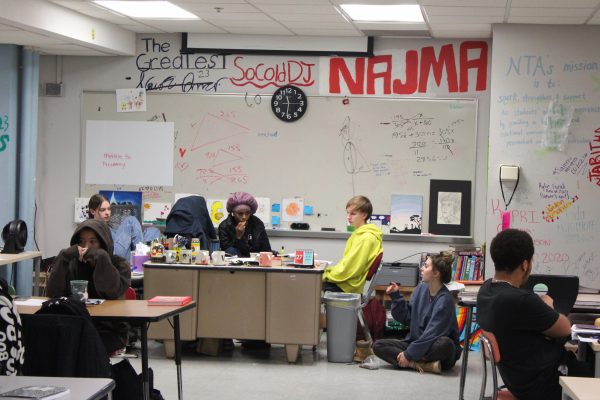Let’s talk race
Uncensored panel generates discussions
December 7, 2018
For junior Victoria Caraballo, conversations about race and equity have previously been uncomfortable, but she said open dialogue, like the un- censored race panel, fosters healthy discussions regarding race.
“I think that even just starting up a conversation in class or starting a conversation with your friends, a lot of people are going to be like ‘oh they’re talking about this, its OK to (talk about),’” Victoria Caraballo said. “A lot of people don’t think it’s OK to talk about it and they are scared to touch on the subject, and I feel that if people start talking about it, it is just going to be something that becomes a norm.”
For the second year in a row, senior Students Organized Against Racism (SOAR) member Natalia Caraballo said she has participated in SOAR’s uncensored race panel.
According to Natalia Caraballo, during the panel Nov. 27, members answered questions submitted to the Learning Lab prior to the event, then opened the floor to audience members to ask additional questions.
Assistant principal Jessica Busse said she believes conversations like the panel are valuable to the community.
“It’s extremely important in the time that we’re in as a country and where we’re at as a community to have these conversations about race and being honest and talking about it, because that’s where change happens,” Busse said.
Because we are in St. Louis Park and it’s so diverse — we praise ourselves on that — but, we don’t know what diversity is if you really think about it. — Victoria Caraballo, junior
SOAR member senior Krishana Spencer said the panel recognized the voices of all students at Park.
“(It’s valuable) to hear our story and our experience being here as a student of color at Park, so they hear my voice and they don’t just ignore me,” Spencer said.
Junior attendee Franny Bevell said the panel acknowledged the diversity at Park.
“A lot of our classmates and peers aren’t white, and I think that it is important to know what they go through because (white people) don’t know,” Bevell said. “I think that we need to listen to their views and their experiences at school and within the community.”
Senior Maddy Eduardo-Gonzalez said she hopes the panel has a lasting impact on the community and encour- ages her peers to continue asking questions.
“We are able to have impact, when we have more students and community members (attending). I hope that they will want to ask questions and I hope that they will leave with questions,” Eduardo-Gonzalez said.
Victoria Caraballo said she feels the conversation is necessary for students to truly learn what diversity means.
“I feel like a lot of people think that because we are in St. Louis Park and it’s so diverse — we praise ourselves on that — but, we don’t know what diversity is if you really think about it,” Victoria Caraballo said.
Spencer said that by being engaged with SOAR and speaking out about her personal experiences she has become a much more outspoken individual.
“I still kind of don’t know who I am but (SOAR) is slowly helping me learn who I am. It is helping me just navigate my way through the system and also standing true to myself and truth and engaging in a courageous conversation,” Spencer said.
Busse said she feels dialogue is the key to informing others.
“I think a lot of our struggles around race are from what we don’t know and the fear of the unknown so the first place to start is having the conversation and getting to know one another,” Busse said.
Natalia Caraballo said that when the community listens to the individual experiences of students of color, it gives their voices representation.
“Knowing that everyone has a different experience and really taking the time to go into the lives of different students who have been in the school for these past years is very fulfilling for them,” Natalia Carabello said.
Eduardo-Gonzalez encourages students and staff to ask questions when they are confused.
“Asking questions is better than just walking around and assuming, so that you have an answer and an idea (about race),” Eduardo-Gonzalez said.




